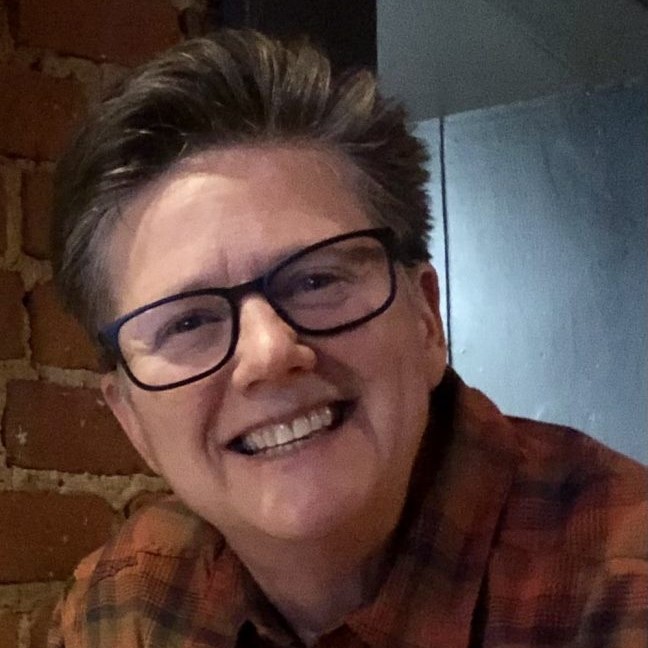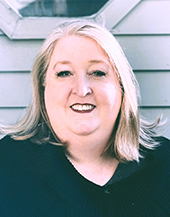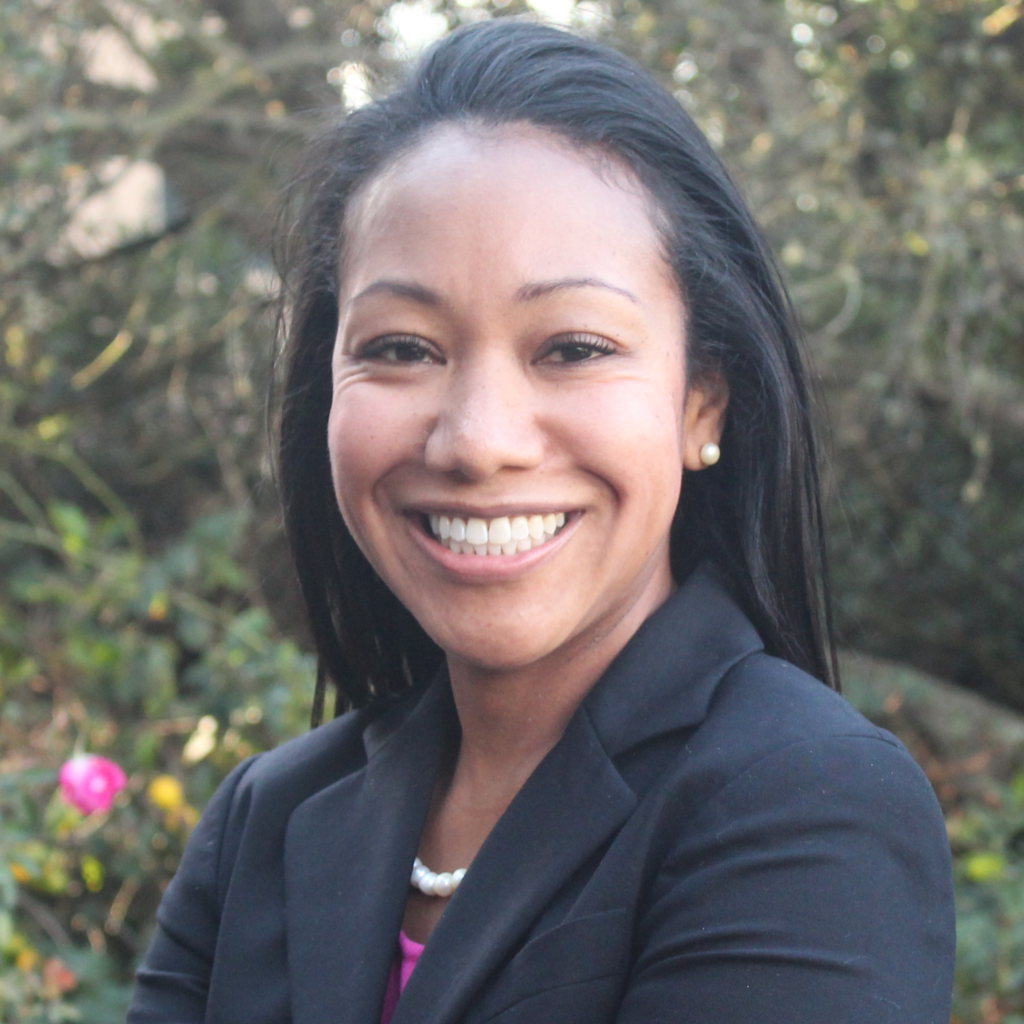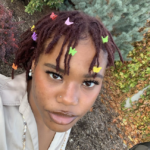WCET + Every Learner Everywhere Celebrate Juneteenth
Published by: WCET | 6/19/2023
Tags: Diversity/Equity/Inclusion, Every Learner Everywhere, Student Success, WCET
Published by: WCET | 6/19/2023
Tags: Diversity/Equity/Inclusion, Every Learner Everywhere, Student Success, WCET
As states and institutions struggle with how to teach about equity, diversity, and inclusion, WCET and Every Learner Everywhere are celebrating Juneteenth by highlighting stories of how Black history is being discussed at institutions and organizations. We invited the WCET Executive Council and Steering Committee, the Every Learner Equity Advisory Board, Every Learner Student Interns, and staff from WCET and Every Learner to share how they encourage students, colleagues, and peers to reflect on Juneteenth and Black History to sustain their work for equity in education.

I want to respond to this question by amplifying the voices of black leaders, and the Juneteenth dedication of thought leader, writer, activist, and change agent, adrienne maree brown, who quotes several black genius revolutionaries. The wisdom of these black women sustains and inspires me every day to do the work that I do:

Oregon State University’s President’s Commission on the Status of Black Faculty and Staff Affairs recently held its second annual summit, the State of Black Affairs Summit 2023. The summit was a full-day conference that offered concurrent sessions on important topics such as the multidimensionality of Blackness, Black public health, supporting Black rural students, creating inclusive spaces, and effective allyship and mentoring. The day also included a keynote by Oregon State Representative Travis Nelson regarding how attendees can get involved in local government to advance DEI priorities. It was an educational and inspiring event.

People talk today about Black contributions to the development of the nation being erased, but in my experience, they were never there to begin with. As a child in public schools, the only information I was taught about Black Americans was their enslavement and their achievement of Civil rights. Starting in college I had to deliberately choose to take classes that featured the stories and achievements of Black American in order to learn about them. I’ve continued that learning thirty years after graduating with various resources in multiple modalities. In my experience, white Americans must choose to learn the fullness of our nation’s history, even when – especially when, it reveals how our whiteness has been used to justify great harm to others. Some might describe this learning journey as divisive, but I disagree. It is humbling, enlightening, and healing. What is truly divisive is to willfully ignore the lived experiences of Black Americans and to expect them to move on from a trauma for which white America has never fully acknowledged or atoned. Below I’ve listed some of my favorite, recent resources for learning about Black history.

Diversity, to me, is what makes each of us unique and those elements that make each of us who we are (such as our backgrounds, experiences, beliefs, etc), are valuable elements to a vibrant, interesting, and successful community. When we limit a side of ourselves, we personally become less able to contribute to our family, community, and the world in a meaningful way. The same can be said about limiting the inclusion of others. An exclusive world, to me, is a less meaningful one. This is why our work in DEI is important to me. Juneteenth is, in the words of the Smithsonian Institute, “our country’s second independence day.” I really never knew about this important day until I was in college. I took a Critical Race Theory course at Montana State University, and I will forever be grateful for that opportunity. Unlike some understandings of this type of course, my experience was a thoughtful and thorough review of how laws, policies, and societal structures have been and continue to be shaped by people’s concepts of race. The course was eye-opening for me. I am so thankful that I was able to take this course with a wonderful group of other graduate students and a great professor, and I continue to be thankful that my team at WCET supports us in not only extend our DEI knowledge and experiences but pushes us to examine how our personal work, projects, the content we create, etc., is or isn’t inclusive and to make adjustments to ensure our work reflects our equity principles.
In reflecting on this post, I determined it was important for me to develop a personal diversity and inclusion statement, in addition to assisting with the equity work WCET is actively doing. I have a lot to learn about our country’s history and how privilege and racism still impact so much of our world.
You can get a hint of my personal statement in my words today. There are many ways to go about writing such statements and I encourage you to consider using the Juneteenth holiday to brainstorm your own personal statement on these issues. While mine is definitely still a work in progress, I know having the statement will allow me to complete my work and go about my personal life in a more inclusive and open mindset. And, as we all know, that’s the best possible state to be in when we’re learning. Here are some resources for crafting a personal DEI statement:

I am fortunate to be based in California, a racially diverse state that largely embraces and celebrates this diversity. Growing up as a mixed-race individual, I have memories of my parents being very intentional in their conversations about both Black and Korean culture, values, and histories with me and my brother. These conversations have deeply influenced me and continue to shape how I raise my own children, as well as how I interact with my colleagues and peers. It is essential to me that I bring this same mindset of intentionality and cultural appreciation into my work to reshape California’s higher education system into one that is equitable and inclusive.
At California Competes, we view understanding the historical and systemic underpinnings that have led to today’s racial inequities as a central and ongoing aspect of our work. For Juneteenth, our team will reflect on the holiday and what it commemorates. Over a shared meal, we’re inviting staff to share their favorite resources on black history, creating an environment where everyone can learn from each other and deepen their understanding of the historical significance of Juneteenth and the ongoing fight for racial justice.

As a Black student at a private PWI, I engage in student run organizations that were established to maintain a safe space for the Black community. I believe that this promotes Black history by asserting our seat at the table, where we could not formerly sit. As the director of my institution’s gospel choir, I remind my members of the pain that was used to cultivate Black art. As the event planner for Young Black Professionals in International affairs, I remind my peers of the giants that came before us, who did not receive credit for their contribution to American Foreign Policy. We reflect on Black history in order to motivate the mission, and the change that we wish to create on our campus.

You Belong Here
Thinking about this Juneteenth made me think about the history of the holiday and the persistent inequities facing higher education. One of those inequity concerns surrounds falling college and university enrollments and the fear that it will get worse with the pending “enrollment cliff.”
Could these downturns reverse the years of trying to improve enrollments for Black, Latino, Indigenous, and other students of color? Some data analyses have shown that is the case.
In recent weeks, I have been hearing about institutions that have been innovative in finding ways to welcome potential students who might not otherwise even consider enrolling:
It is all about overcoming history. The message of that history is that those population is that they can come to college but they are not welcomed or, worse, that they are to stay away from postsecondary institutions.
For those of us using digital learning, our history includes concerns about equity issues and retention rates for populations that are traditionally not well-served by higher education. What are we doing in online and digital learning to welcome them? What extra outreach is needed? What extra support is needed? What type of personal touch is required?
Juneteenth is a holiday based on messaging. The enslaved people were late in learning that they were free. How do we deliver a new message today…. that higher education and online education are places not only where they are welcomed…but where they belong?
The Equal Justice Initiative states, “as an opportunity for national reflection, Juneteenth invites us all to confront the promises of liberty and justice that remain largely unfulfilled in this nation. Through this reflection, we can recognize and commit to addressing the legacies of racial injustice present in our lives today. Strengthening our understanding of racial history empowers us to create a healthier discourse about race in America and foster an era of truth and justice.” Every Learner and WCET are dedicated to reflecting, recognizing and committing to addressing racial justice in our work with partners, peers, institutions and students. Juneteenth reminds us that US Black History is under attack today, just as it has been for more than 150 years. Today we celebrate the freedom of African Americans, honor their achievements, and work to catalyze change in dismantling systemic racism and removing structural barriers to educational equity for every learner, everywhere.
Thank you to those who contributed to this post and sharing how you encourage students, colleagues, and peers to reflect on Juneteenth and Black History to sustain the work for equity in education.
To learn more about Juneteenth, and racial injustice throughout US History, we recommend visiting the Equal Justice Initiative, A History of Racial Injustice Calendar, for more information and resources.
– WCET and Every Learner Everywhere Staff
